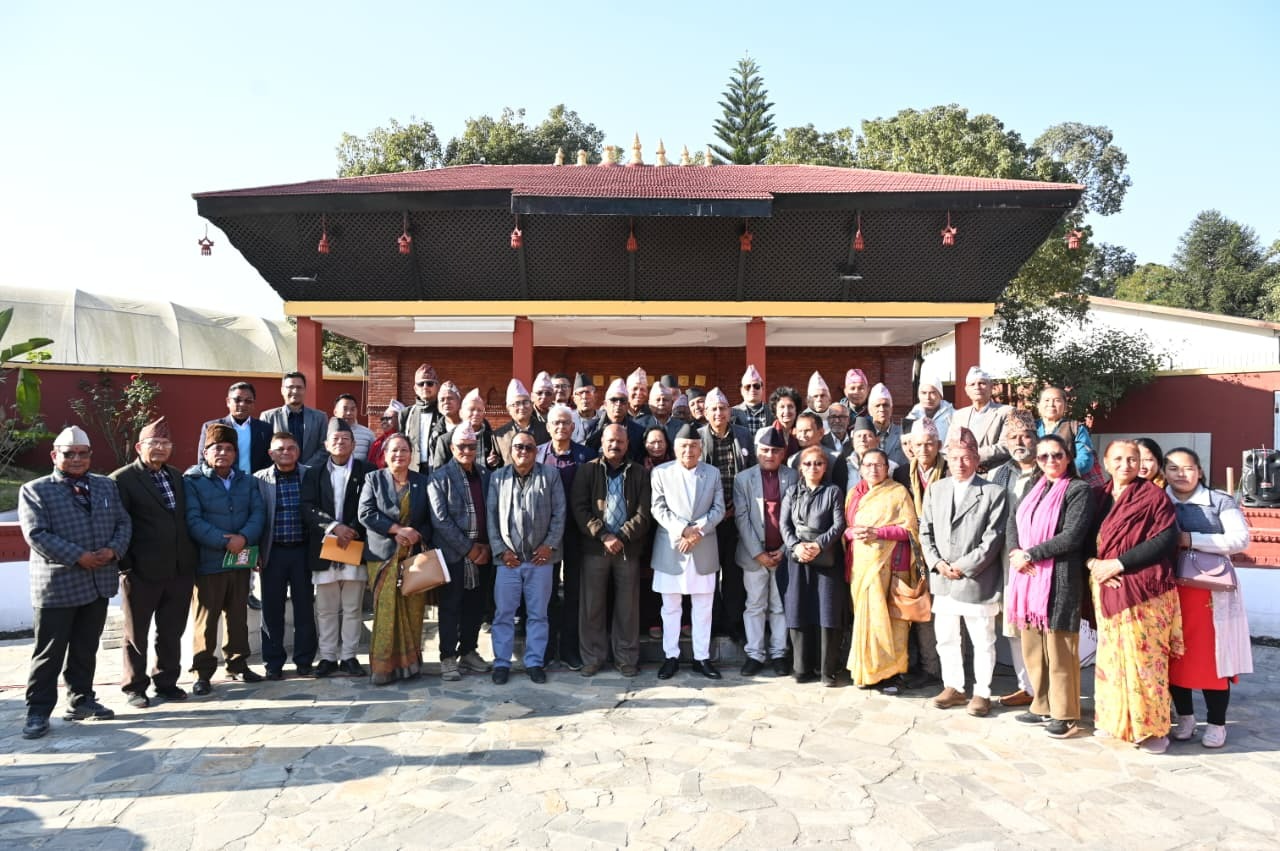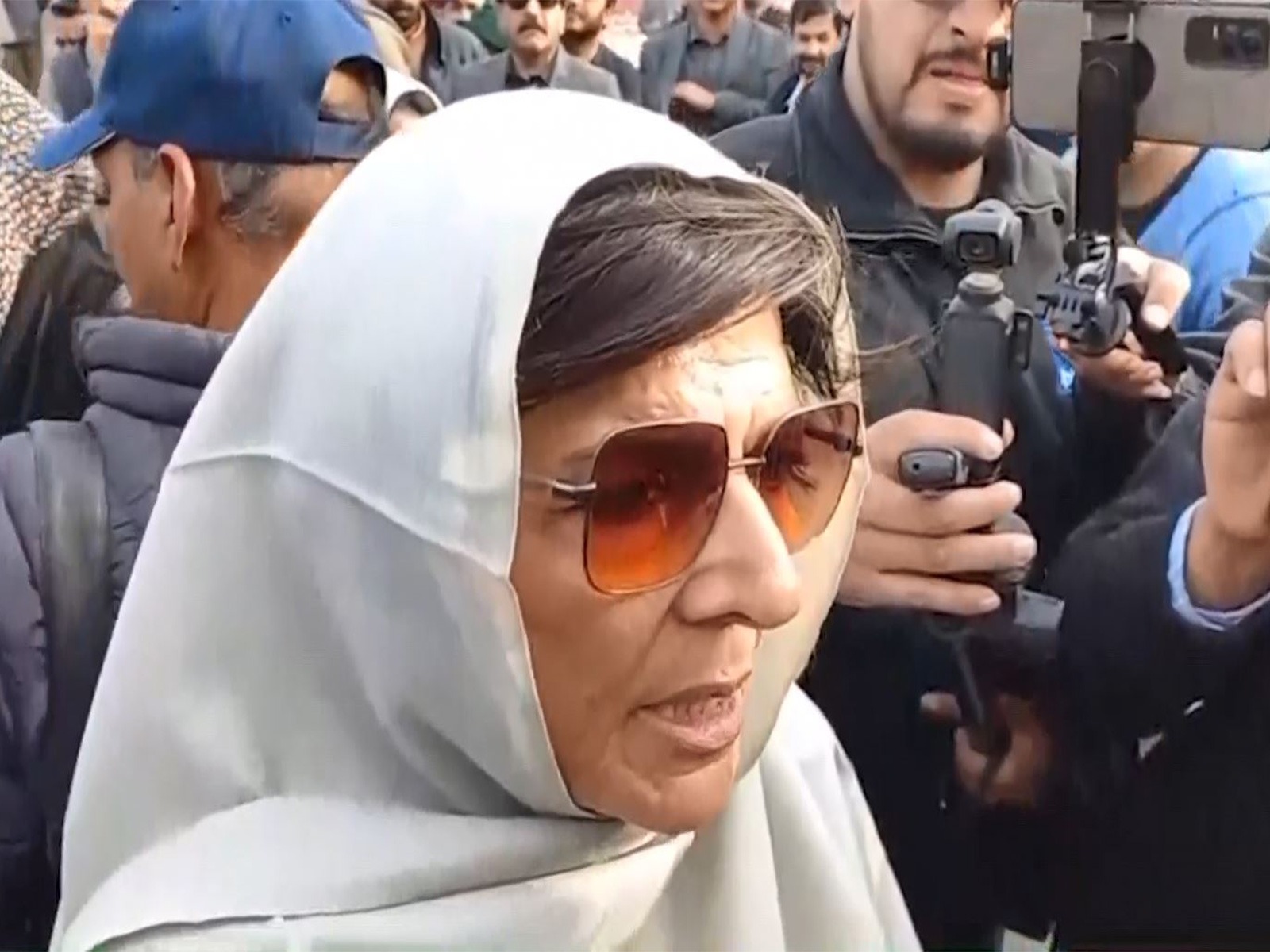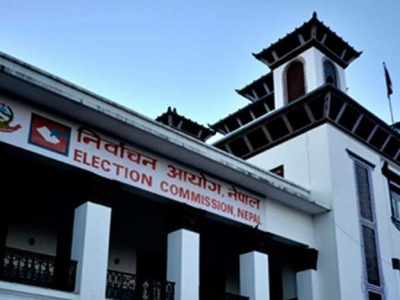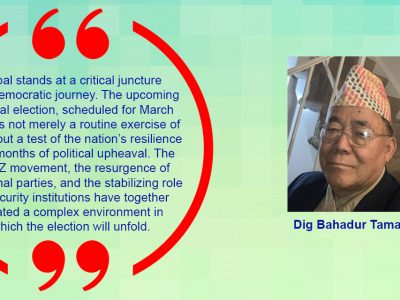European Union, Nepal Rastra Bank and IFC Host Seminar on Climate Risks and Opportunities in Nepal’s Banking Sector
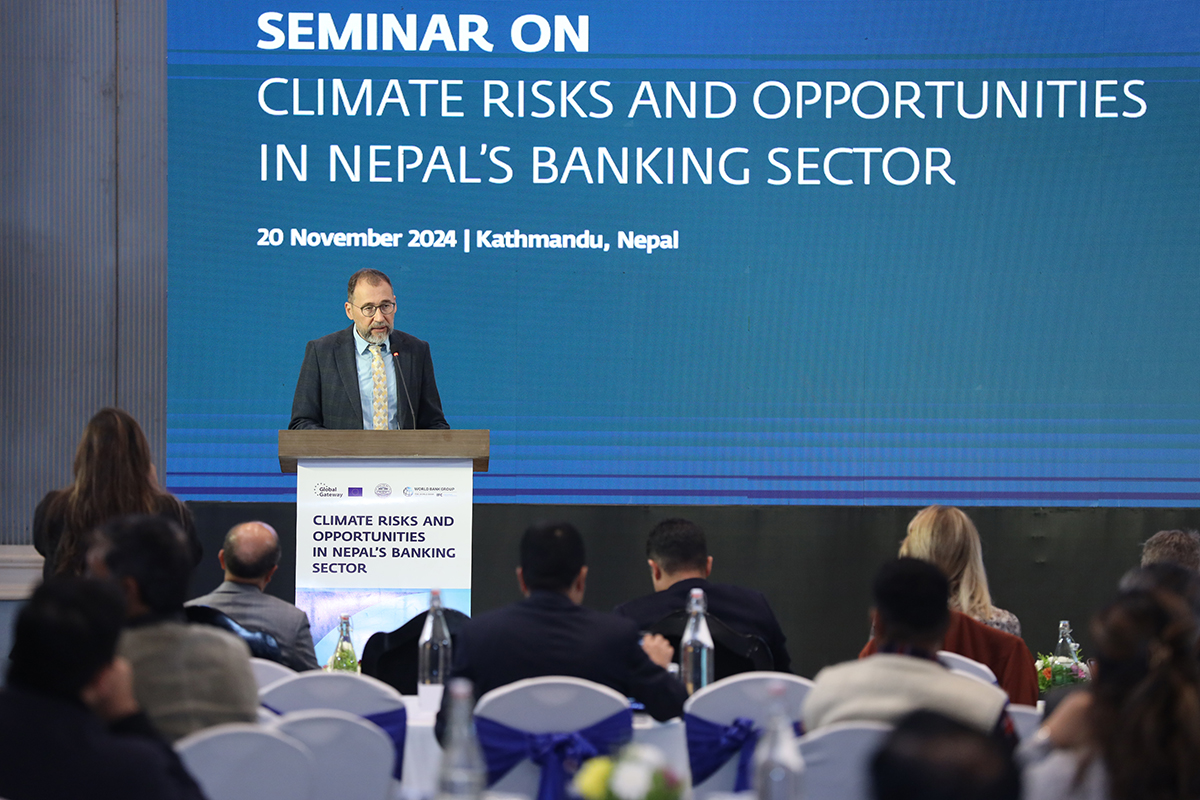
Kathmandu, Nov 21 : In a significant move to address the pressing issue of climate change and its impact on the financial sector, a seminar titled ‘Climate Risks and Opportunities in Nepal’s Banking Sector’ was held today by the Nepal Rastra Bank (NRB) and International Finance Cooperation (IFC), supported by the European Union (EU) under their regional initiative ‘Accelerating Climate Smart and Inclusive Infrastructure in South Asia’ (ACSIIS).
The seminar focused on disseminating the findings of the Climate Finance Risk Exposure Assessment and facilitated the discussion of risks, opportunities and potential steps to develop and implement a regulatory framework that supports the growth of a green finance market in Nepal.

“A well-defined and structured regulatory framework to develop a green finance market will enable Nepal’s financial sector to channel private sector capital towards climate-related projects, which will contribute to achieving our climate commitments,” said Mr. Bam Bahadur Mishra, Deputy Governor, Nepal Rastra Bank (NRB). “With support from the World Bank Group, NRB will work with the banking sector to strengthen Nepal’s financial sector adapt to the growing challenges of climate change.”
The full day seminar was attended by key stakeholders from the Government of Nepal, NRB, World Bank Group, banking and non-banking financial institutions and associations, private sector and development partners, including the European Union.
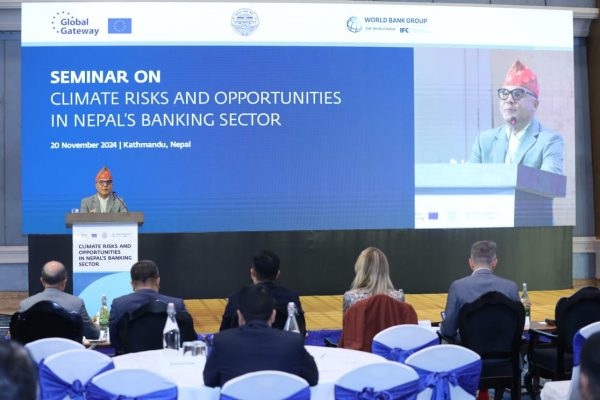
“Climate change poses a significant threat to financial stability, but it also presents a unique opportunity for banks to lead the way in sustainable development. By helping integrate climate risks into the operations, we can together build a more sustainable banking sector,” said Mr. David N. Sislen, Regional Country Director for Maldives, Nepal, and Sri Lanka, The World Bank “Making a difference on climate will require coordinated action between the public and private sectors, and the financial sector is central to that work. Partnerships with all stakeholders are essential to supporting climate finance in Nepal, fostering collaboration and unlocking the resources needed to tackle climate challenges and promote a green, resilient future.”
Nepal is highly vulnerable to climate change and natural disasters and faces both extreme and slow onset climate-related hazards. According to the World Bank, Nepal’s GDP could be at least 7 percent smaller by 2050 due to unchecked climate impacts.
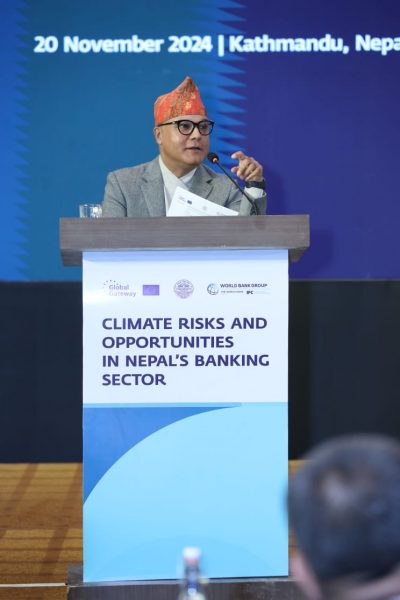
“The European Union has reaffirmed its commitment to supporting Nepal’s efforts to achieve a climate-resilient and more sustainable future. Green finance and engaging with actors from the financial sector fits within a new direction that the European Union is taking: our Global Gateway 360-degree approach – whereby we seek to address issues from many different angles. It supports Nepal and other partner countries by mobilising private capital for climate and sustainable development projects. The strategy involves technical assistance, de-risked funds, and risk-sharing instruments to support the development of sustainable infrastructure and green finance projects,” said Mr. Jose Luis Vinuesa-Santamaria, Head of Cooperation, European Union.
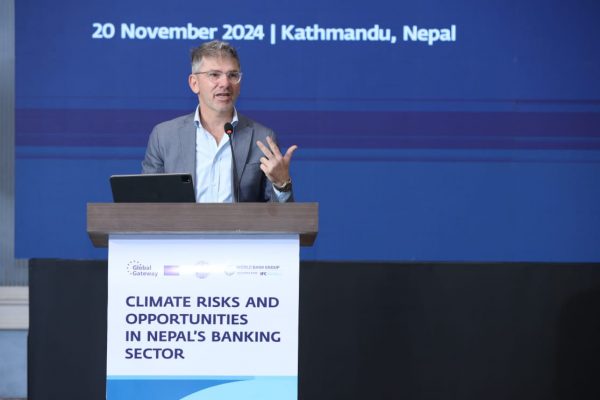
“Climate finance is crucial for Nepal’s sustainable development. This will help the country build a greener economy that will also foster sustainable growth and resilience,” said Babacar S. Faye, Country Representative for IFC in Nepal. “IFC remains committed to Nepal’s green growth journey, and today’s event brought together all key market players working together for a stronger and greener banking sector.”
During the seminar, participants engaged in interactive sessions, where they shared insights and best practices on managing climate risks. These sessions provided a platform for banks to learn from each other’s experiences and to discuss potential collaborations for promoting sustainable finance.
Facebook Comment
latest Video
Trending News
- This Week
- This Month


